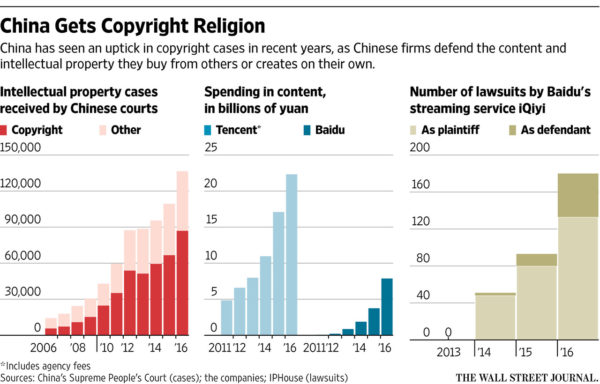
I do not know why but over the last couple months our China lawyers have seen an absolutely massive increase in emails and phone calls from foreign companies (mostly U.S. but with a much larger percentage of European — than in the past) companies either telling us that they’ve been scammed or seeking our assistance in determining whether they are about to get scammed. And when I say “massive increase,” I mean that our attorneys are seeing probably five to ten times the number we usually see. Does anyone know why this might be the case?
Anyway, in recognition of this apparent recent increase in scamming, I am going to write (again) about the sorts of scams we usually see, along with providing tips on how to avoid them.
I cannot help but start out with what may just be the oldest scams out there and one that is roaring its ugly head with a vengeance again: the “you need to come to China to sign the contract or for a signing ceremony scam.” This scam has been around forever and yet Western companies still fall for it.
The scam consists of the Chinese company (actually, in every instance when our firm has done any investigation at all we immediately learn there is actually no real Chinese company there) luring the Western company in with promises of big money for services (or sometimes products) to be supplied by the Western company. There is just one small hitch: the Western company must go to China, virtually always to some tiny village in China, (never Beijing or Shanghai or Shenzhen, or even Tianjin or Qingdao) to sign the contract. The last two I saw (both from yesterday) were in villages of 20,000 and 80,000 people.
Why must the Western company go to China to sign a contract when business with Chinese companies constantly gets done without an in-person signing? The following are the reasons usually provided:
- Chinese custom. It would be rude if you don’t come. Note that of the thousands of China contracts in which my law firm has been involved, maybe around two percent have involved in-person signings and all (or at least most) of those were because our client finalized the agreement with the Chinese company while it had its personnel already in China, have either been either huge, or have required the foreign company to get to work in China pretty much immediately thereafter or
- We need to do this in front of Chinese government officials, for one reason or another. Note that I can recall only two instances where our contracts were signed in front of government officials and those didn’t need to be. They just were because the transactions were so large and so vital to the local economy and doing so was a way of improving government relations going forward.
- The contracts need to be notarized by a Chinese notary and for that they need to be signed in front of a Chinese notary. Complete lie.
Why does the Chinese company want the Western company to go to China? How does the Chinese company possible benefit from this? Based on the Western companies that report back to us after they have been scammed, the following are the most common:
- Western company personnel will be put up in a local hotel for 4-5 days and the bill will be maybe ten times what it should have been. The hotel and the scammers then split the take. This is not to mention the multiple celebratory banquets that also are grossly over-billed and paid for by the foreign company.
- The fake notary charges a percentage of the deal, typically USD$8,000 to $15,000. The Western company believes it must pay this for the deal to go through.
- The Western company is subtly told that for the deal to go through, government officials must be paid and it is legal for a foreign company to pay them. Complete lie. If these were really government officials and you do really pay them, you are risking jail time in both China and most likely in your home country as well.
- Some third party is necessary for the deal for some reason and the Western company must pay that third party. Really?
For more on this particular scam, check out the following:
- The Classic China Scam: Done Often Because it Works (2014)
- Ancient Chinese Business Scam With A New Hollywood Twist: It’s Baaaack (2013)
- Ancient China Business Scam With A New Hollywood Twist (2012).
How do you prevent this scam from happening to you? Easy. You conduct basic due diligence on the Chinese company before you get on the airplane. Long before. The first thing you do is determine whether your China counter-party even exists as a registered China company or not and if by some small feat it does actually exist, you make sure it can actually conduct the business it is seeking to do with you. And when you discover that it doesn’t, you end all communications.
You have been warned. Again.
–This article originally appeared on China Law Blog.







